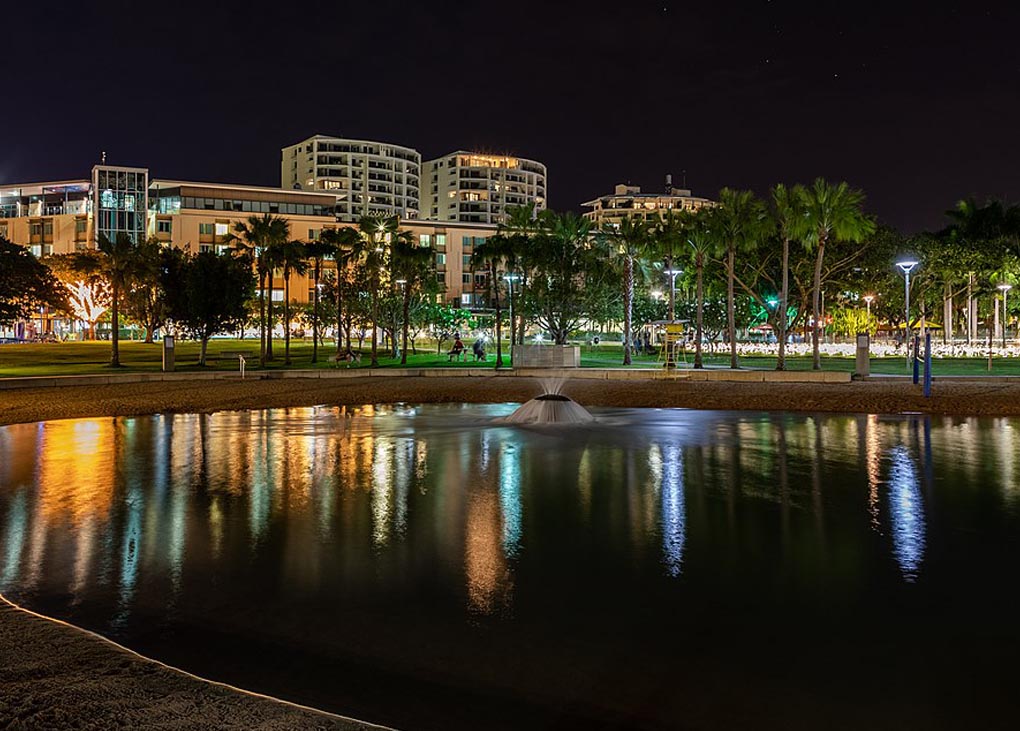The Northern Territory has confirmed it will introduce energy-efficiency provisions for non-residential buildings, as specified in Section J of Volume One of NCC 2019.
The decision was made after a comprehensive cost-benefit analysis was undertaken by energy-efficiency specialists DeltaQ. This examined the impact of the potential adoption of either the energy efficiency provisions in the NCC 2016 or NCC 2019 from both private (owner-occupier) and social (NT economy-wide) perspectives.
Although other states and territories have adopted these minimum requirements, the NT has only adopted the 2009 version of these minimum standards for Class 1 and 2 buildings and a Class 4 part of a building. In the NT, Section J does not apply to Class 3 and 5–9 buildings.
From October 1, 2023 an NT variation will be included in NCC 2022. The effect of this is that for Class 3 and Class 5–9 buildings Section J of NCC 2019 applies.
The government says industry will be regularly consulted, with the aim to ensure information and education is available to building practitioners in the NT in preparation for the changes required to comply with NCC 2019 Section J.
For more information or to arrange a briefing, contact the Department of Infrastructure, Planning and Logistics. Two reports are also available online: NCC Section J in the NT – Potential for Adoption, and NCC Section J Case Studies: Single-Storey Office Buildings Darwin and Alice Springs.
For more information and to view the report NCC Section J in the NT – Potential for Adoption and NCC Section J Case Studies: Single-Storey Office Buildings Darwin and Alice Springs.
 Mark Vender
Mark Vender


Leave a Reply